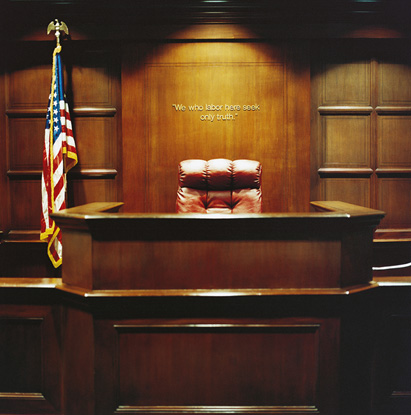How to Use Courtroom Terminology

The courtroom terminology is not as difficult as it appears to be. However, the courtroom language is a must in order to plead your case. The terminologies used in courts are relatively hard and it takes a lot of time until a student is able to understand and memorise them properly. Even after completing your degree, it takes 3 to 4 years of practice until a candidate is able to gain familiarity with the legal terms. You must not underestimate the importance to learn legal language and should practice a lot to master your grip as soon as possible.
Instructions
-
1
Decide about the accusation
In order to initiate the legal process, it is important for a person to give his response regarding the accusation made against him. This forces the lawyer to make his first visit of the case to the courthouse and inform the judge about his standing. For this, you will be required to clearly state your stance on the accusation and state whether you wish no contest, plead guilty or not guilty. Remember that, your verdict on the accusation is detrimental for defending the case. -
2
Know about the defendant
The most important and basic legal term in US is ‘Defendant’. It is of considerable importance that you should understand the true meaning of the term. A defendant is a person against whom the charges of a particular crime are pressed but he claims that he is not guilty of the crime and should be announced free from it. Not to mention that the law gives the right to defendants to have an attorney. -
3
Know about the plaintiff
Similarly, you should also understand the meaning of the term ‘plaintiff’. A plaintiff is a person who deems the defendant guilty of a particular crime and thus has pressed charges against him. Meaning that, the plaintiff has accused the defendant of an unfair treatment and is demanding justice. -
4
Prepare testimony
The testimony is a part during a trial, where the attorney cross question the witnesses of the case. Here, the witnesses are not allowed to speak freely and are supposed to only answer the questions that they are asked. -
5
Practice a lot
After you have gained familiarity with all of these terms, it is strongly advised that you should use them in your practice as much as you can. Remember that only practice will help you use these terminologies in the court room.



